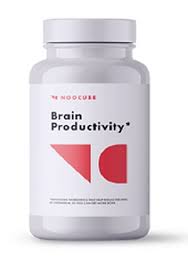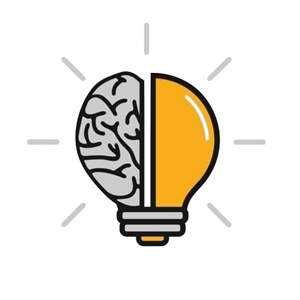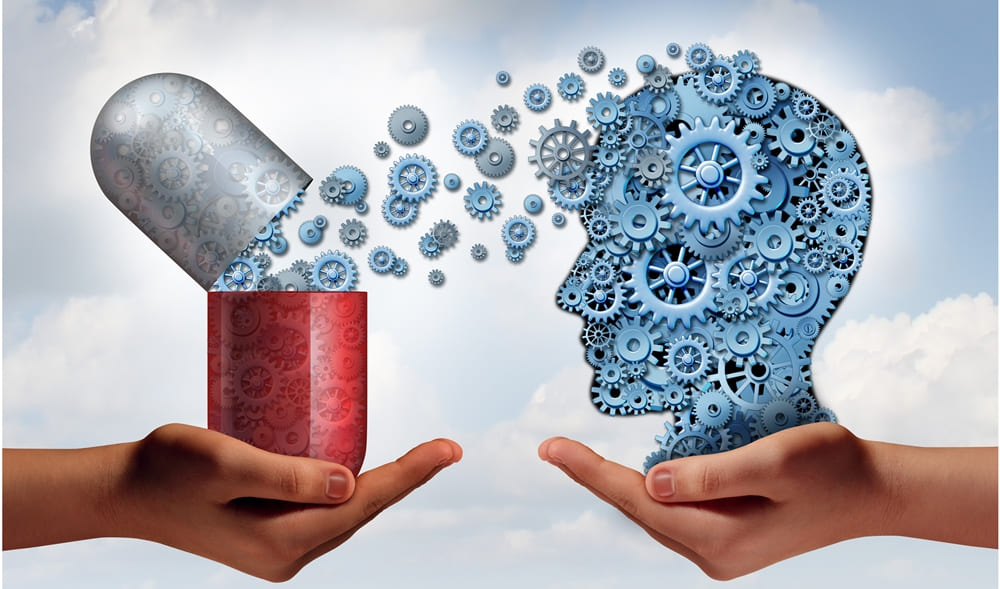Nootropics or Smart Drugs
Nootropics, or “smart drugs,” are a class of substances that can boost brain performance. They are sometimes called cognition enhancers or memory enhancing substances.
Nootropics fall into three general categories: dietary supplements, synthetic compounds, and prescription drugs.

Non-prescription substances such as caffeine and creatine — are also considered nootropics. They do not treat diseases but may have some effects on thinking, memory, or other mental functions.
Prescription nootropics are medications that have stimulant effects. They can counteract the symptoms of medical conditions such as ADHD, narcolepsy, or Alzheimer’s disease.
Prescription nootropics include:
- Modafinil (Provigil), a stimulant that addresses the sudden drowsiness in narcolepsy
- Adderall, which contains Amphetamines to treat ADHD
- Methylphenidate (Ritalin), a stimulant that can manage symptoms of narcolepsy and ADHD
- Memantine (Axura), which treats symptoms of Alzheimer’s disease
While these can be effective in treating specific medical conditions, a person should not take them without a prescription.
However, Nootropics (specially Modafinil) are incresingly gaining popularity even amongst healthy individuals.
Whether it is a college student hoping to ace exams or a busy professional striving for a promotion, more and more people are turning to nootropics to gain an advantage over competition.

Modafinil, sold under the brand name Provigil among others, is the most popular Central Nervous System (CNS) stimulant drug marketed as a ‘wakefulness promoting agent’.
MODALERT is used to improve wakefulness in adults who are very sleepy due to one of the following diagnosed sleep disorders
- narcolepsy
- obstructive sleep apnea (OSA)
- shift work sleep disorder (SWD)
Modafinil (i.e. Generic Provigil) is also very popular amongst students and professionals looking for a way to stay more alert, focused and productive.

